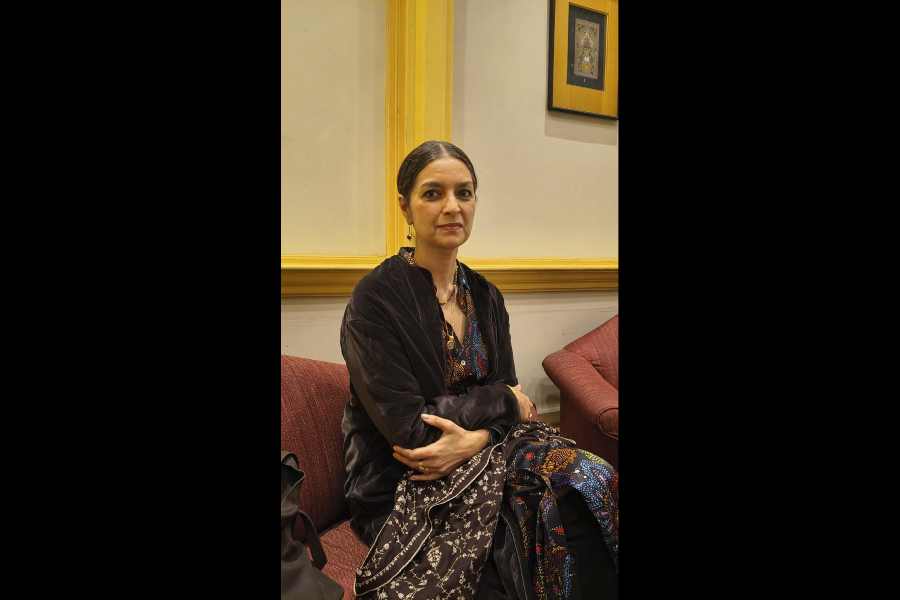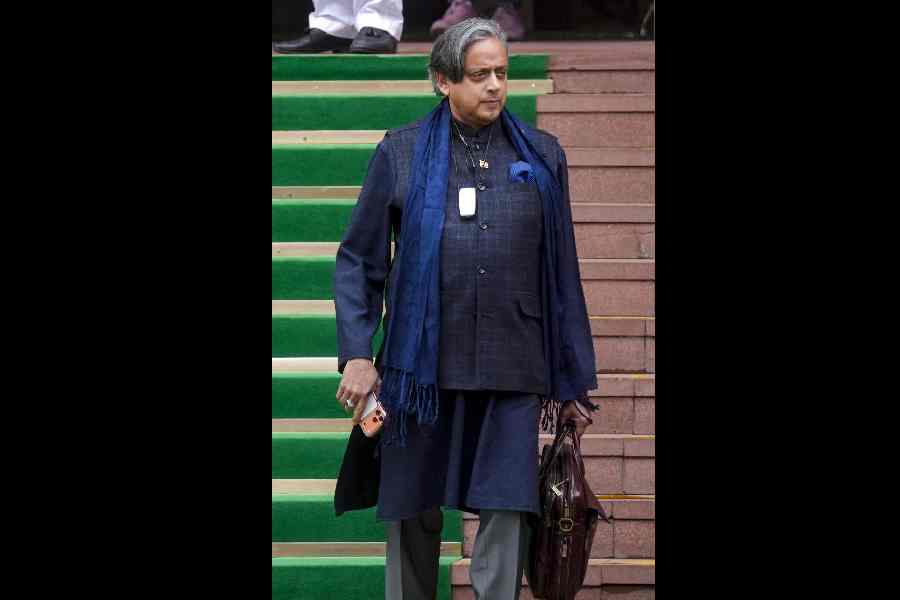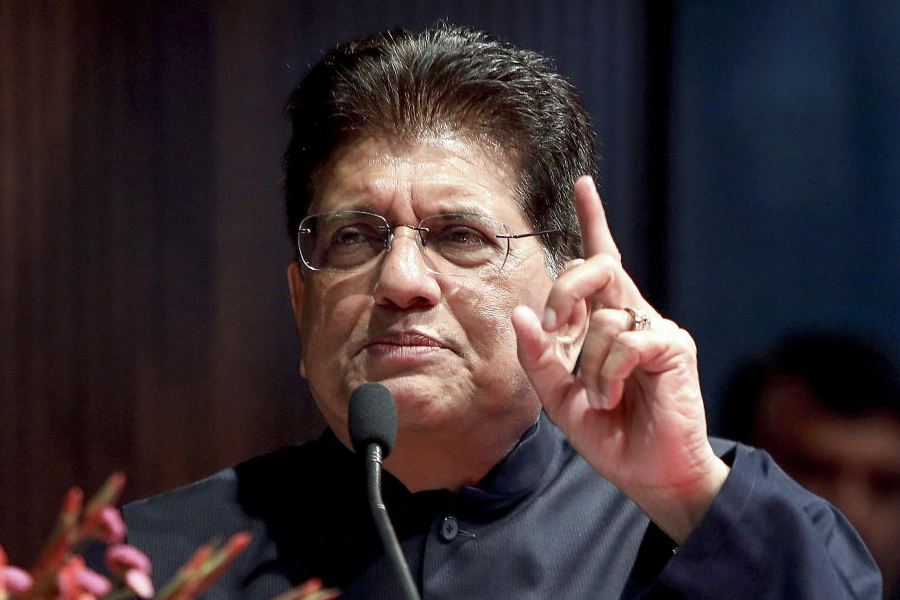All humans are equal, but some are less equal than others. Women, as usual, have drawn the short straw. A study by the Center for Global Development found that globally, women took on 173 additional hours of unpaid childcare last year, compared to 59 additional hours for men. The gap widened in low- and middle-income countries, where women cared for children three times as much as men did. As the pandemic isolated people at home, limiting access to care arrangements and social support networks, it ended up increasing the share of women’s care work. The division of labour was skewed in other ways too. When it came to tricky decisions about which partner keeps the paid job and who quits to provide the unpaid care needed at home, women mostly lost out since they are paid lesser and have lower job security than men.
Relevant data paint a grim picture. Earlier this year, research by the Azim Premji University revealed that in India, women were seven times more likely than men to lose their jobs during the lockdown and 11 times more unlikely than men to return to work thereafter. Even those who have broken the glass ceiling were left broken. Women having to juggle professional demands with housework, an independent study found, either fall seriously ill or underperform. There is a line of thought that says that one way out of the conundrum would be to compensate domestic labour. But even this kind of affirmative intervention could create a new set of challenges. Households headed by men, be it the husband or the father-in-law, are likely to view the woman as a paid employee, deepening the sense of entitlement that Indian men already harbour towards women and their labour. Remuneration for household work could put men off even further from sharing domestic responsibilities since — given the toxic nature of patriarchal sensibilities — women would be entitled to receive payment. This might lead to the creation of a culture where women choose or are coerced to shun employment outside the home.
Recently, the Centre announced that male government employees who are single parents may take paid childcare leave of up to two years to take care of a minor child. This policy is welcome, but why should it preclude other fathers? Is that because domestic responsibilities, especially childcare, are intrinsically linked to primitive, gendered notions concerning the nature of labour? Policy must also cover other kinds of ground because the care economy, a fledgling area, needs imagination and meaningful support in
the time of a pandemic. Cash transfer programmes and other support services for poor women and men with unpaid care responsibilities, especially those who are taking care of sick family members, can contribute to family budgets, subsidize the cost of caring and compensate for foregone sources of income. The private sector must work in tandem with the public sector, implementing flexible work hours and arrangements and increased parental leaves and introducing childcare support. Most important, enlightened interventions must not be stained by a patronizing ethic. Efficient, overworked women, at home or at work, must believe that these measures, if they are introduced across sectors, are a right and not a privilege.










